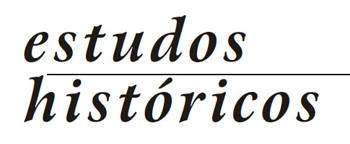Abstract
This article articulates some arguments concerning the function of historiographical and novelistic narratives in the eighteenth century. It suggests that they shared some key elements - namely a pedagogical-civilizing purpose and a set of common rhetorical devices - that shaped what could be called "philosophical narrative". Following this assumption, the "British Enlightenment" - understood as a literary, political and social program and a matrix for the production and circulation of historiographical, essayistic and novelistic texts in the 1700s - is used as a basis for examining the eighteenth century literary context and contemporary authors such as David Hume and Henry Fielding.
Keywords:
History; novel; narrative; the Enlightenment; David Hume; Henry Fielding
